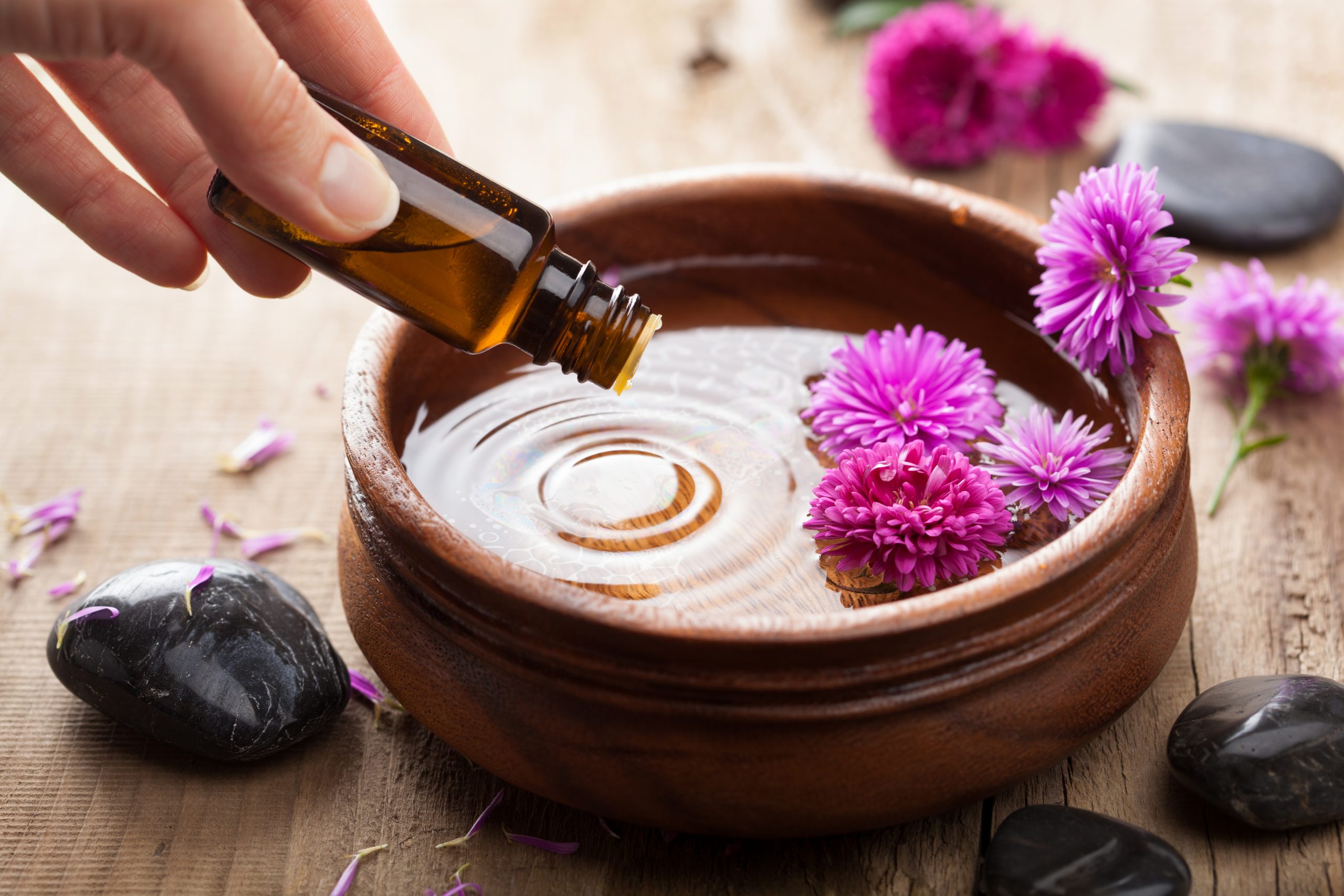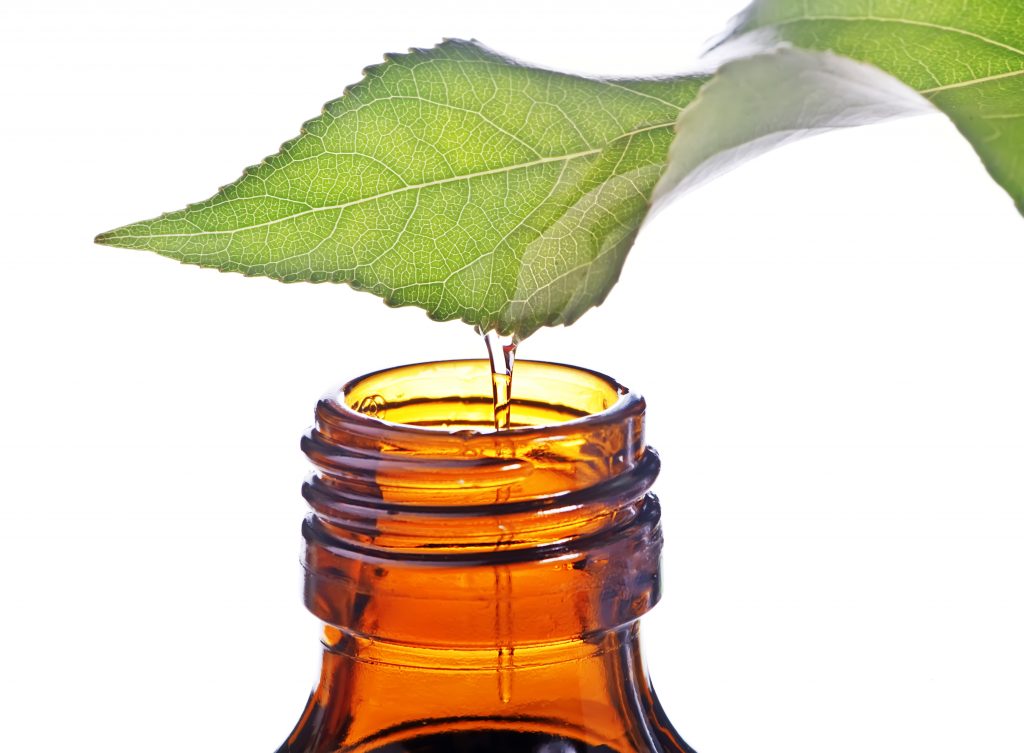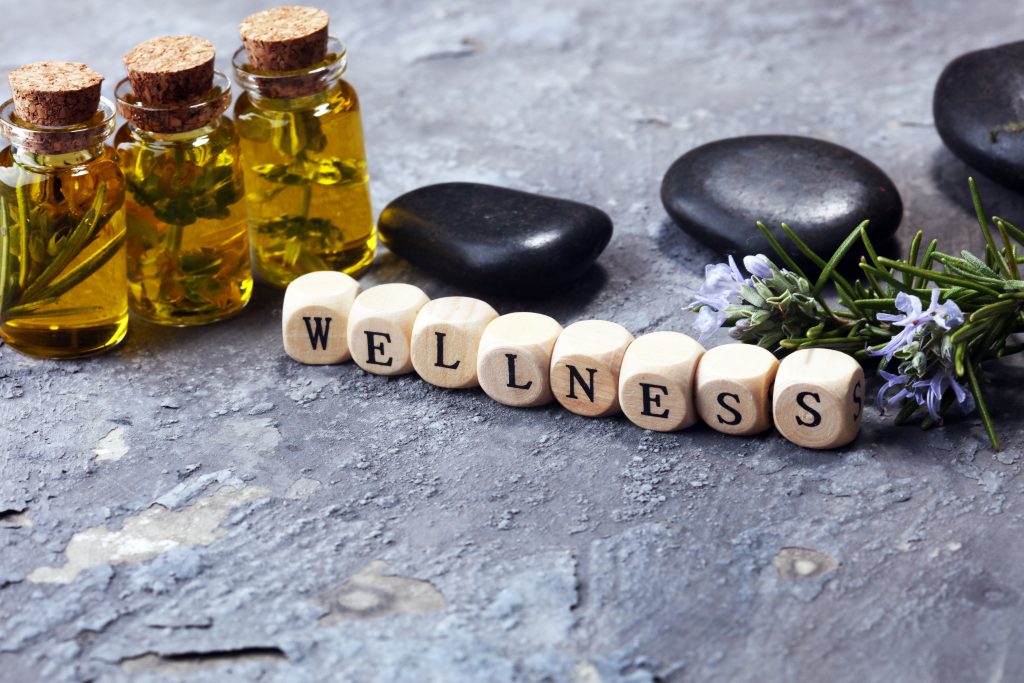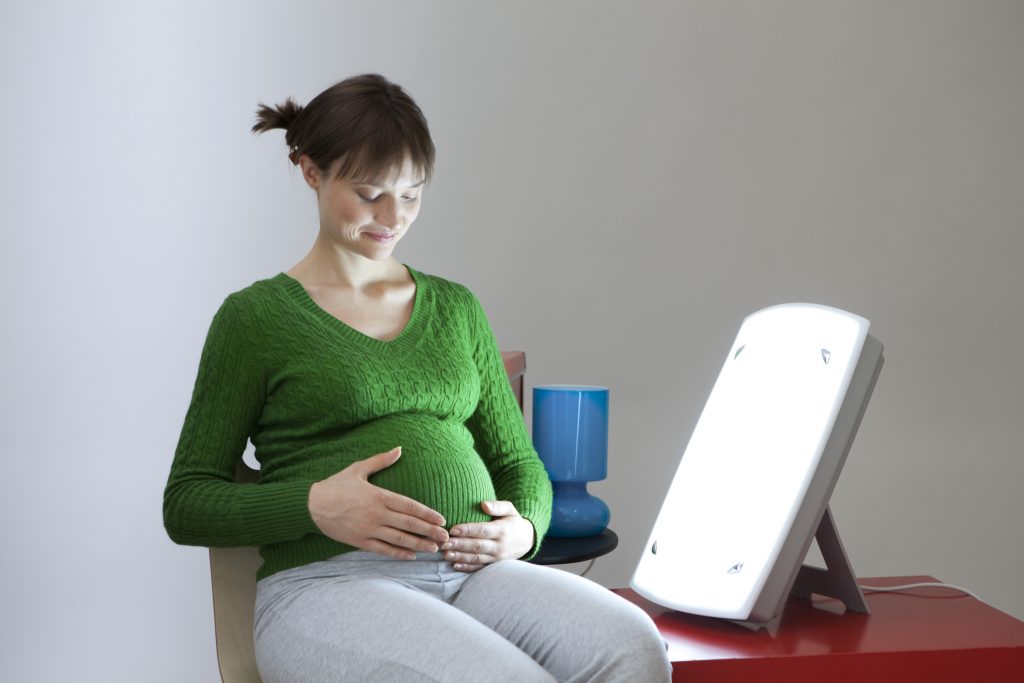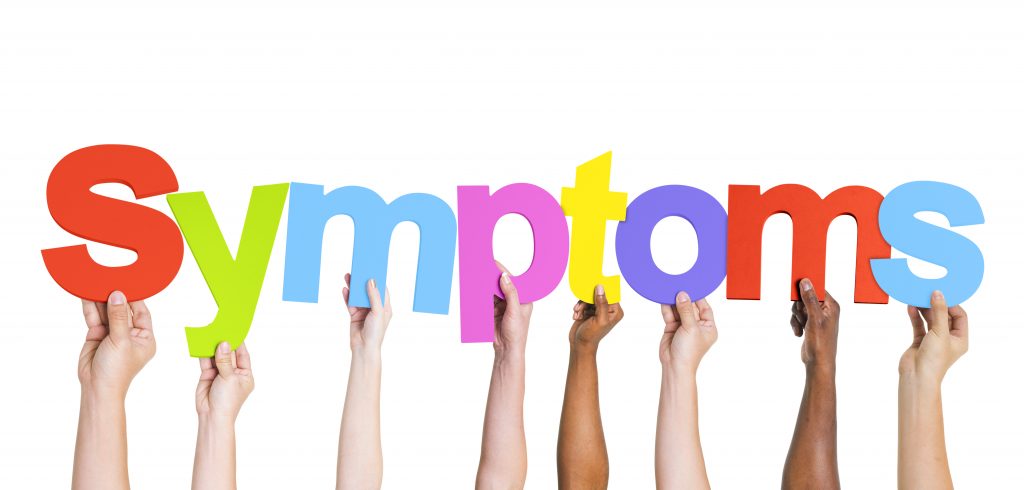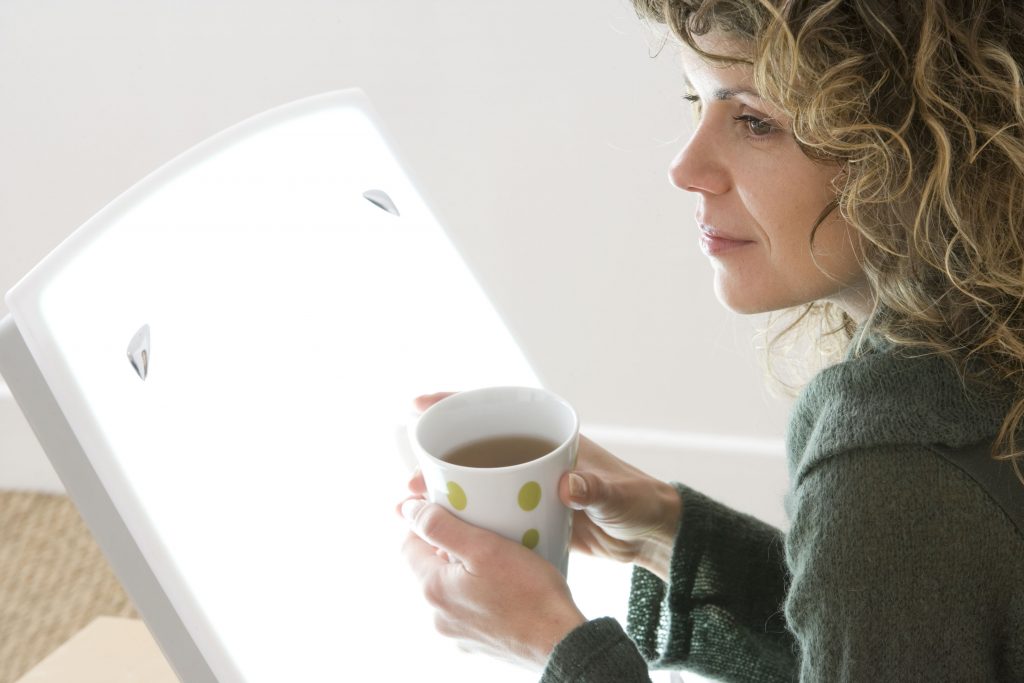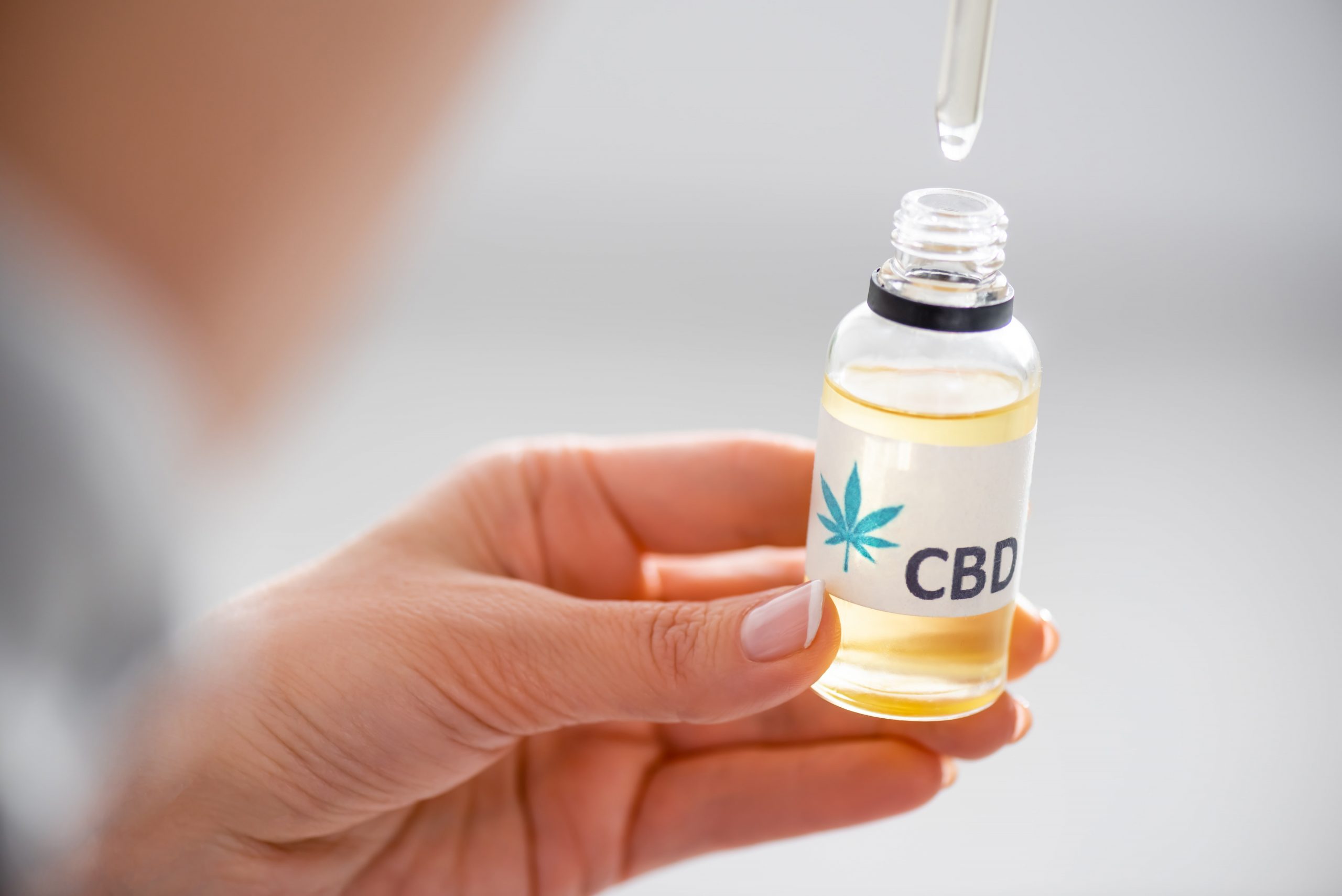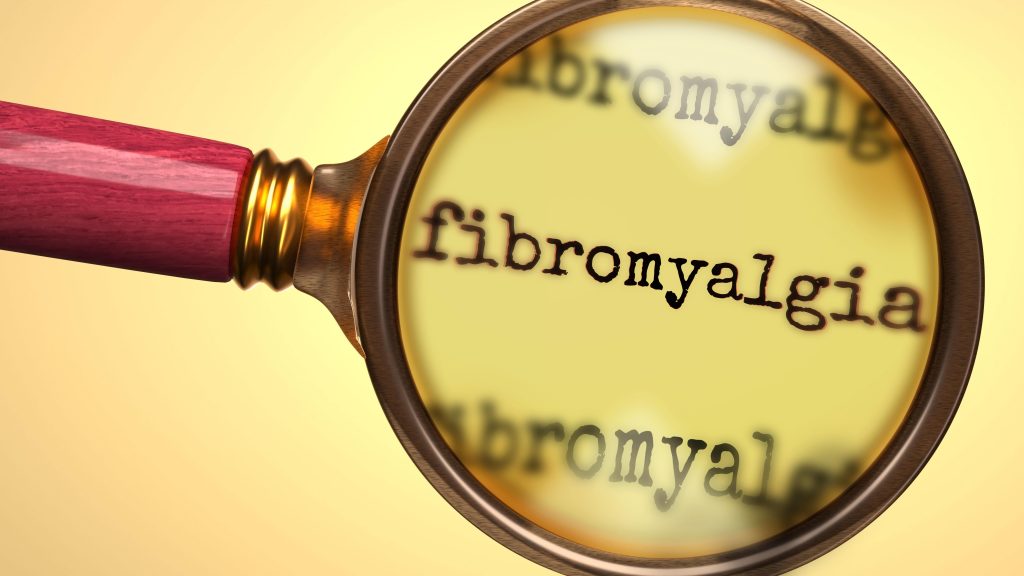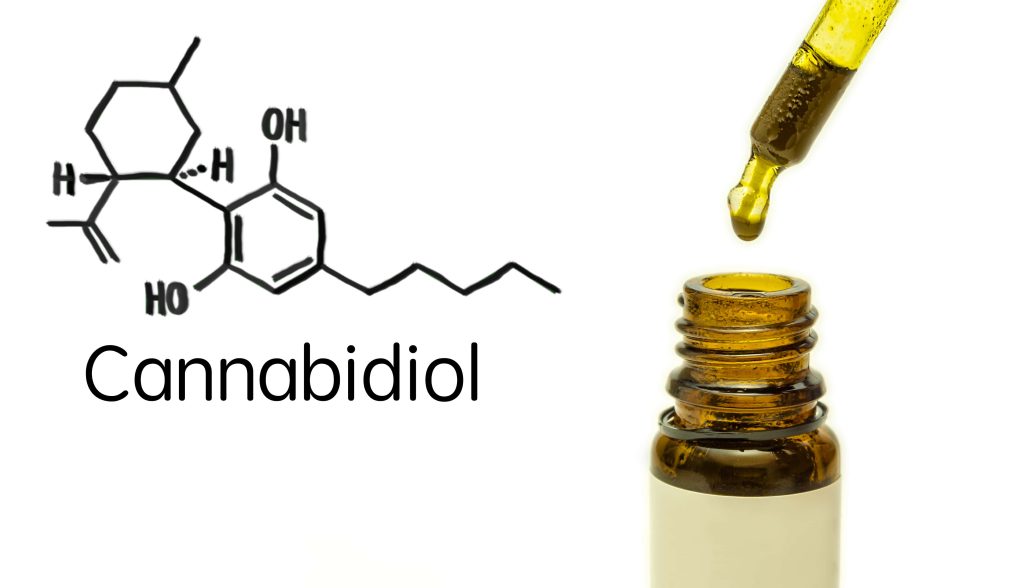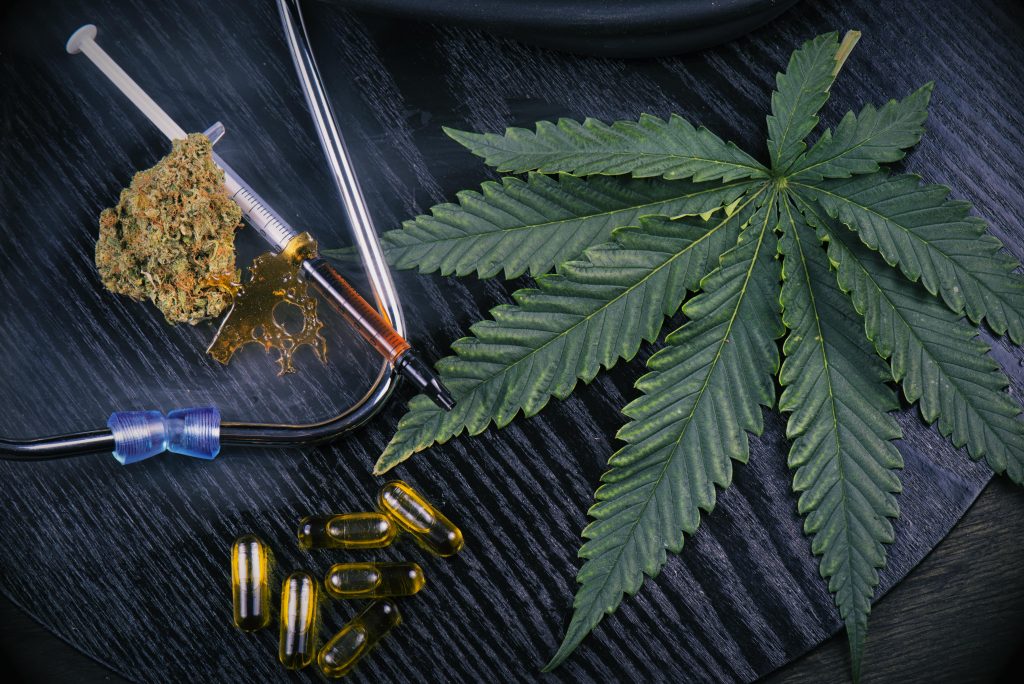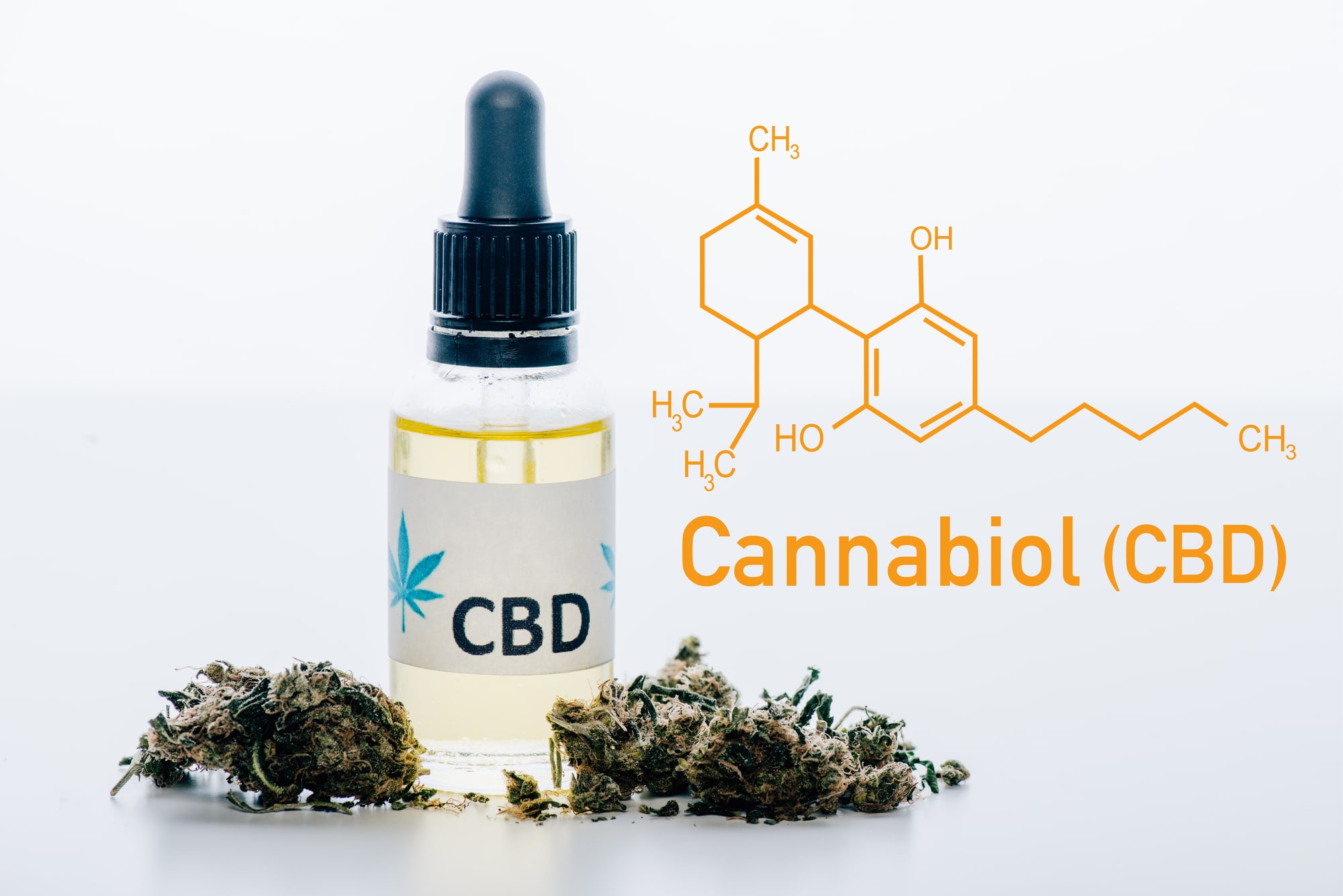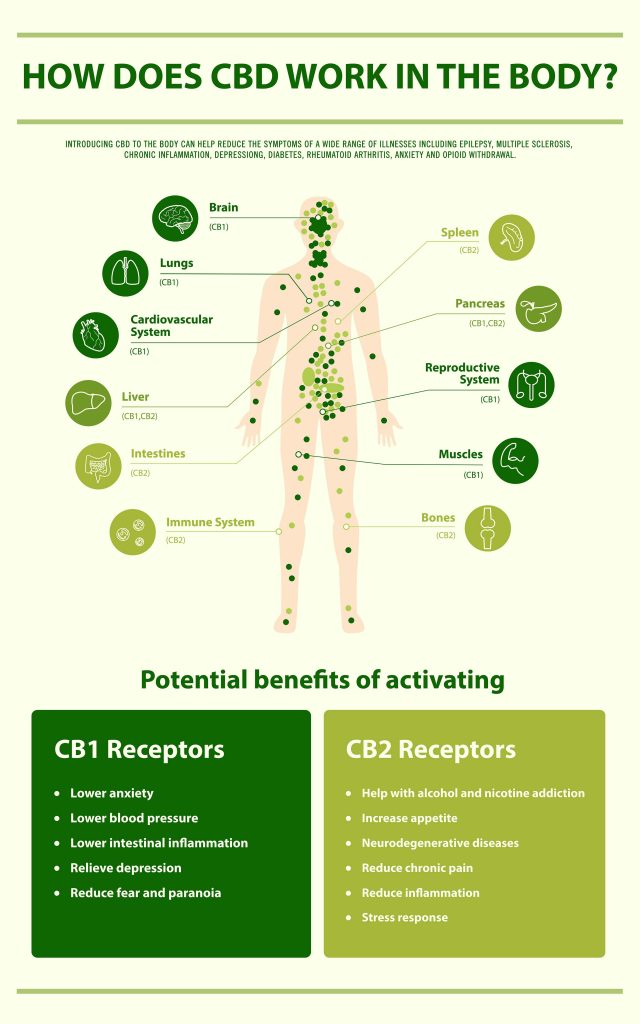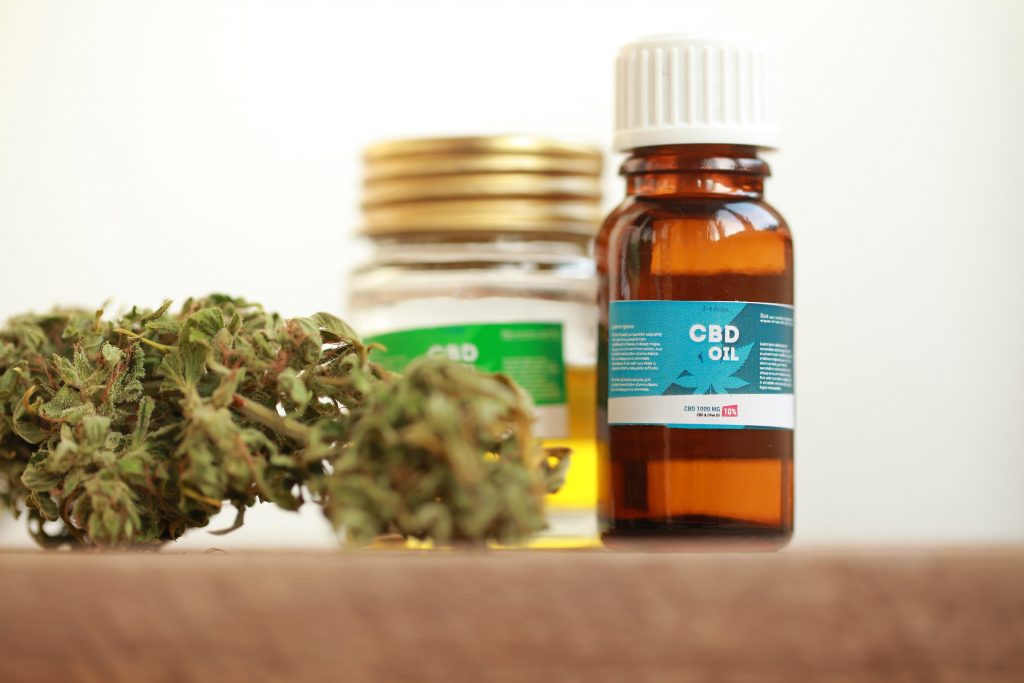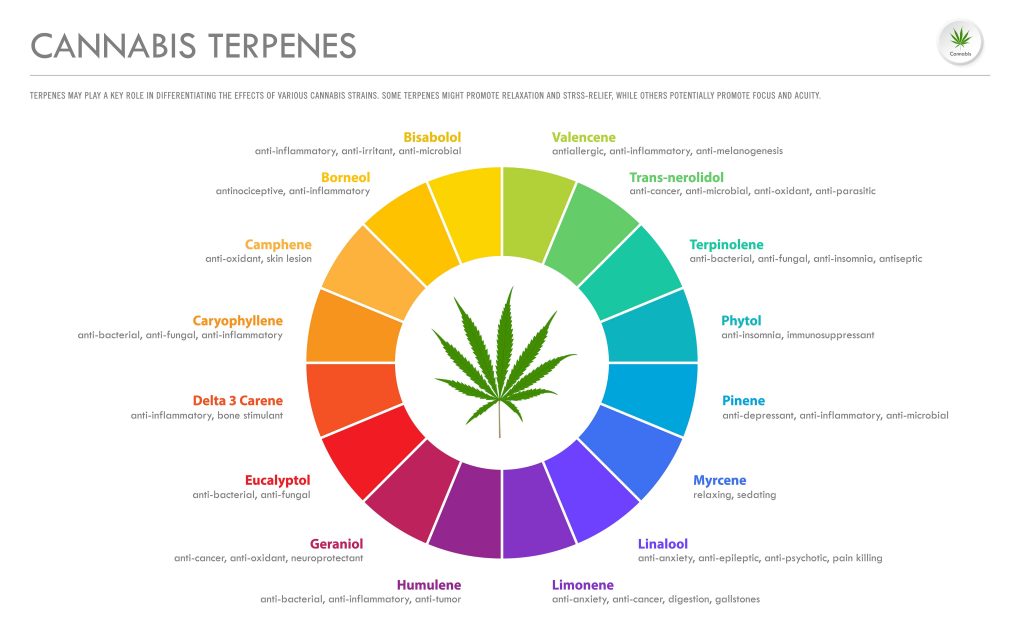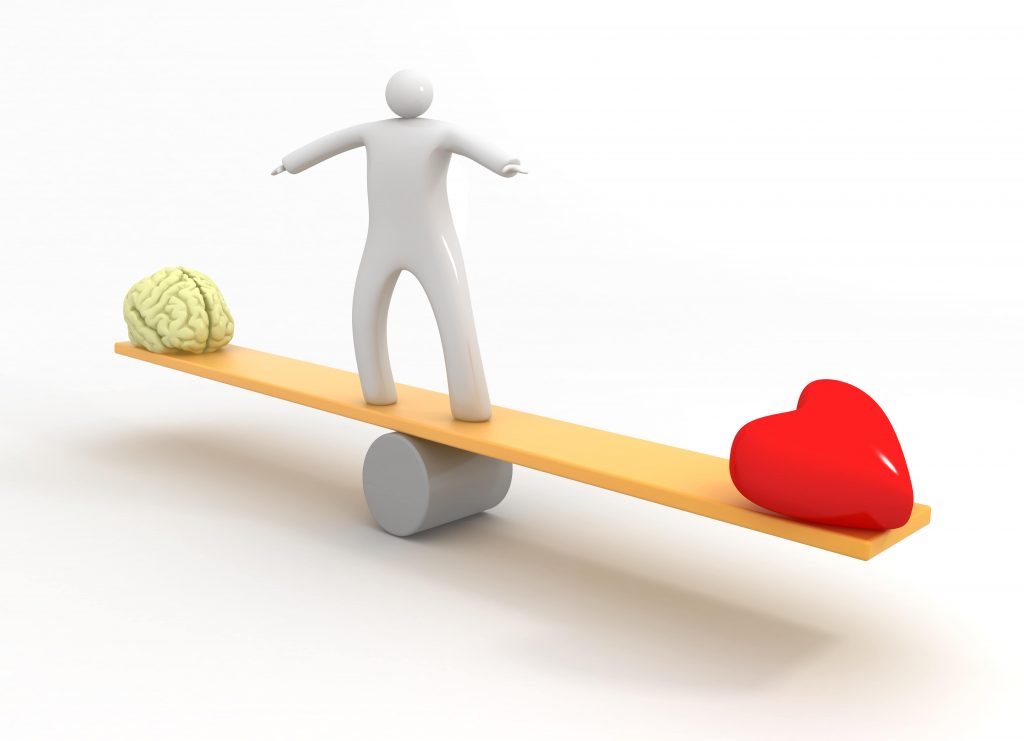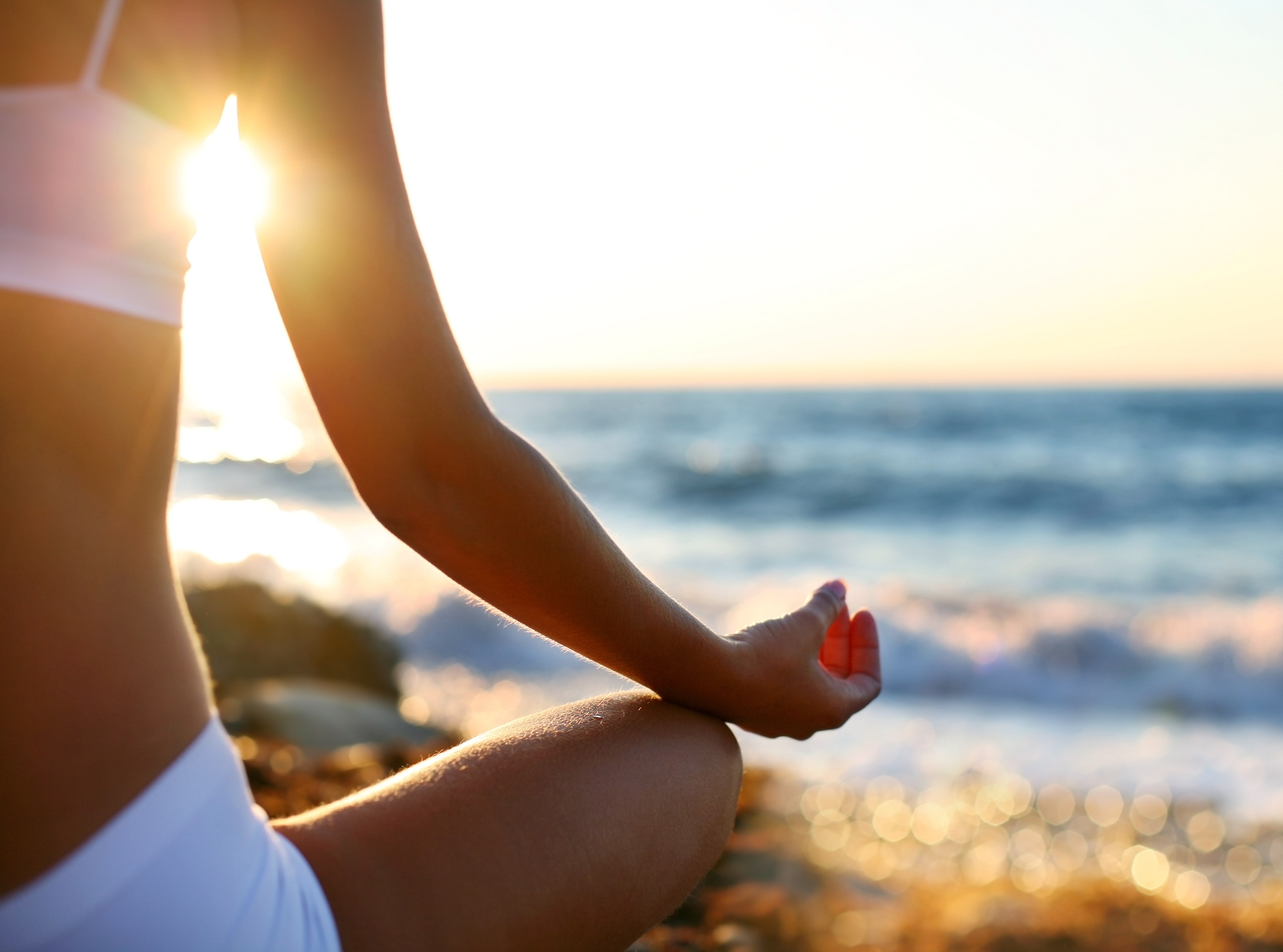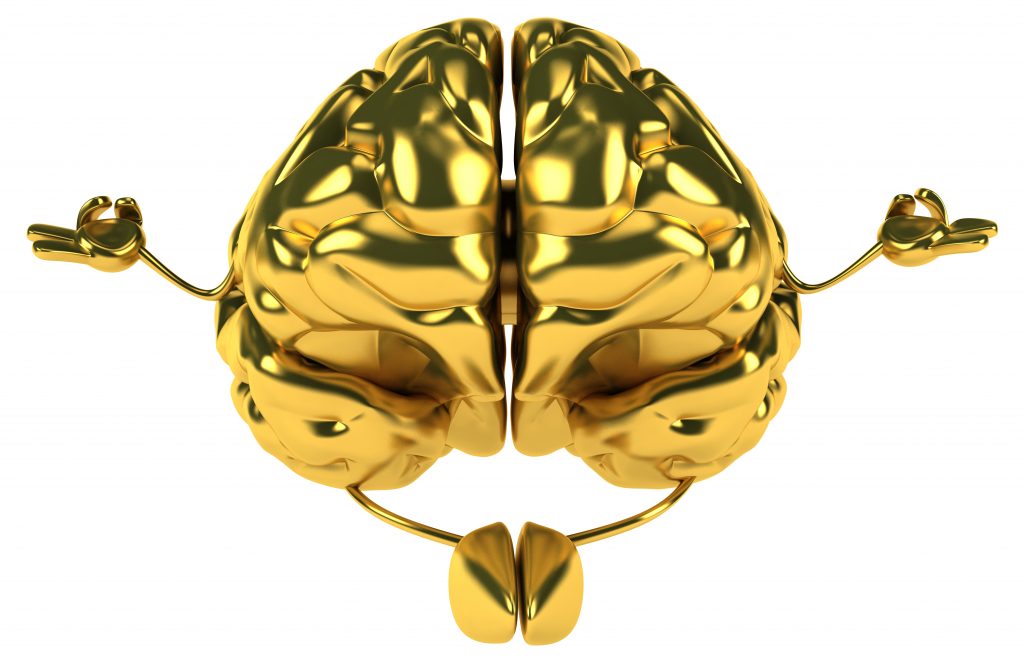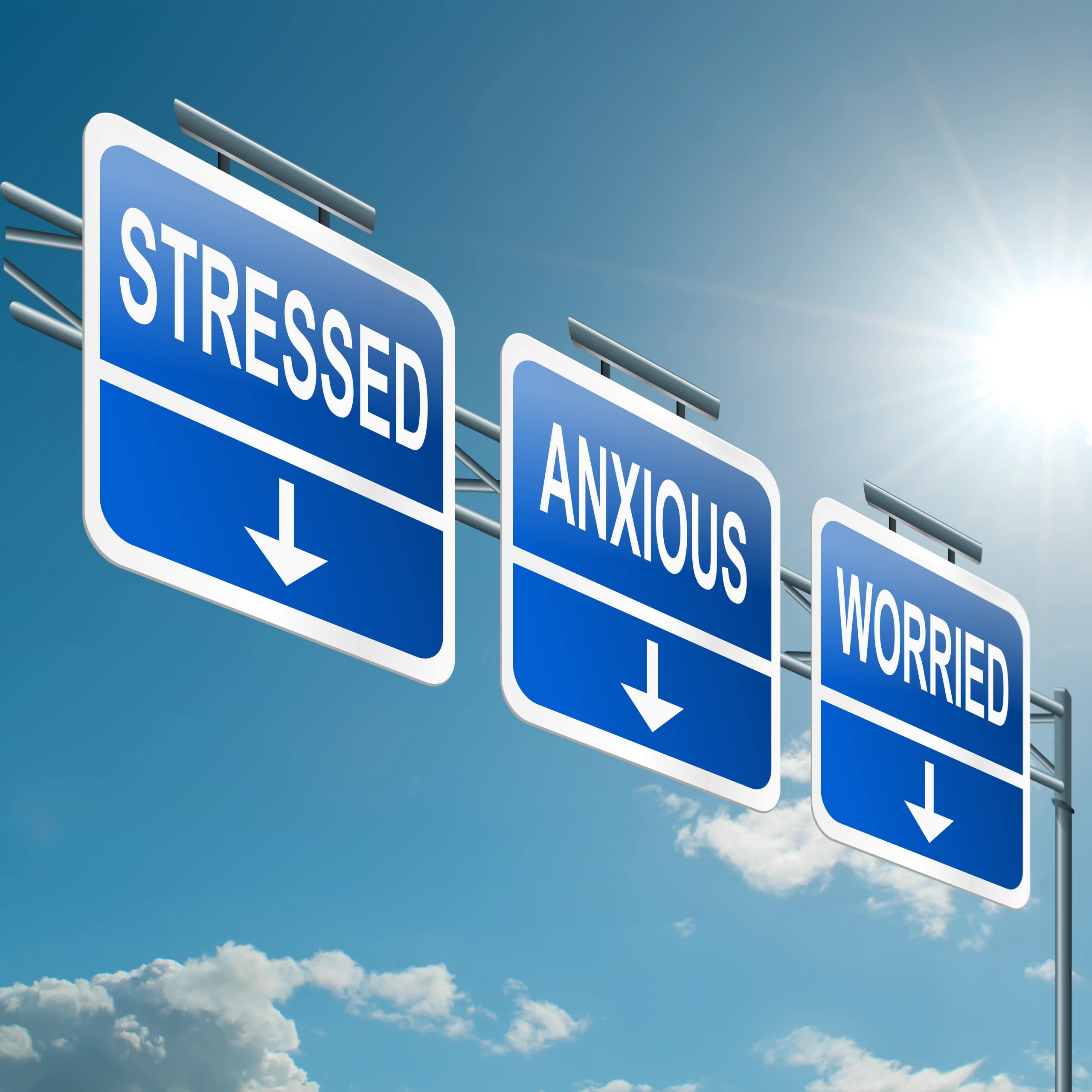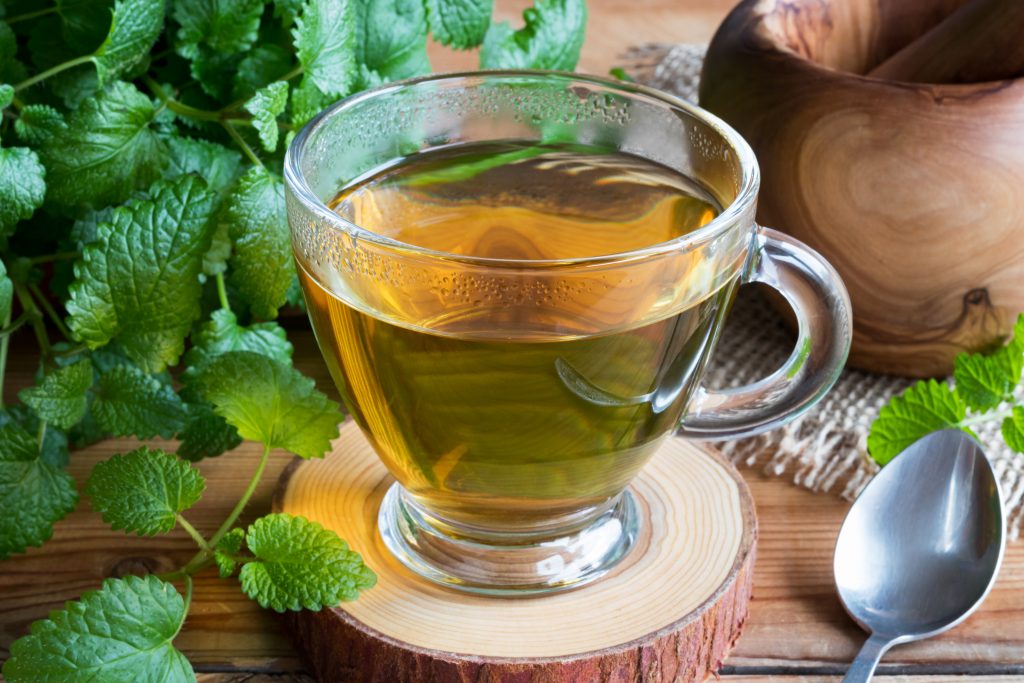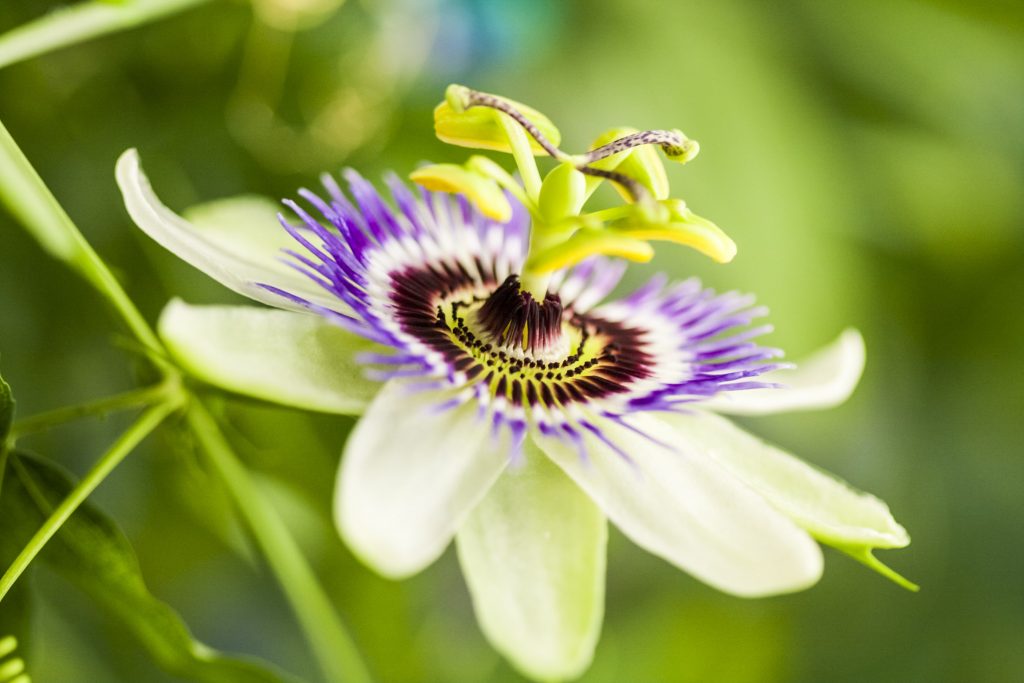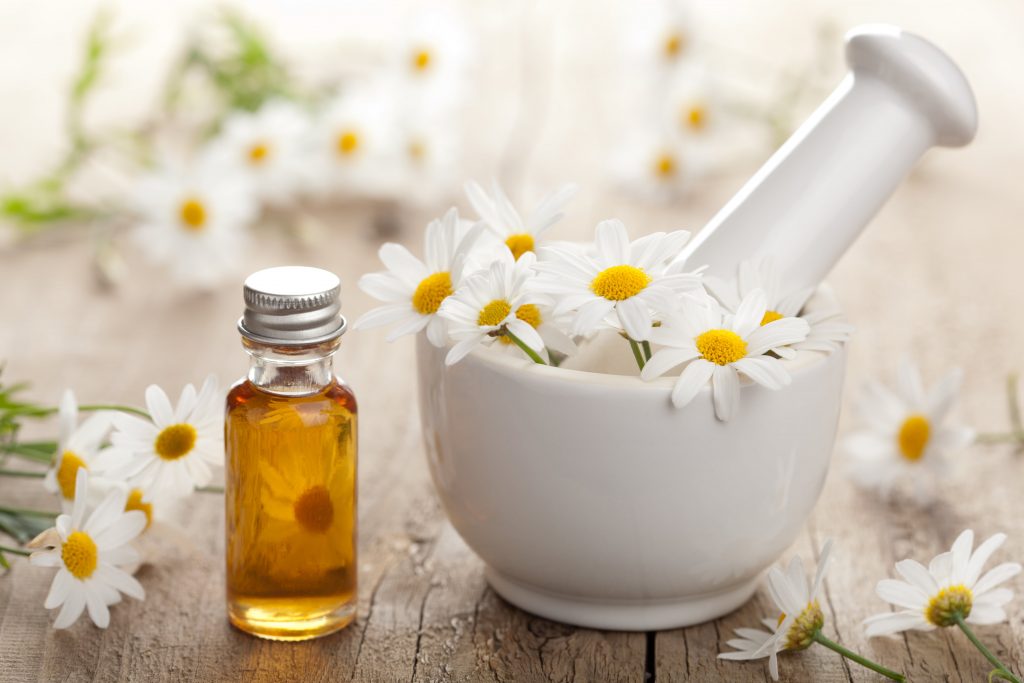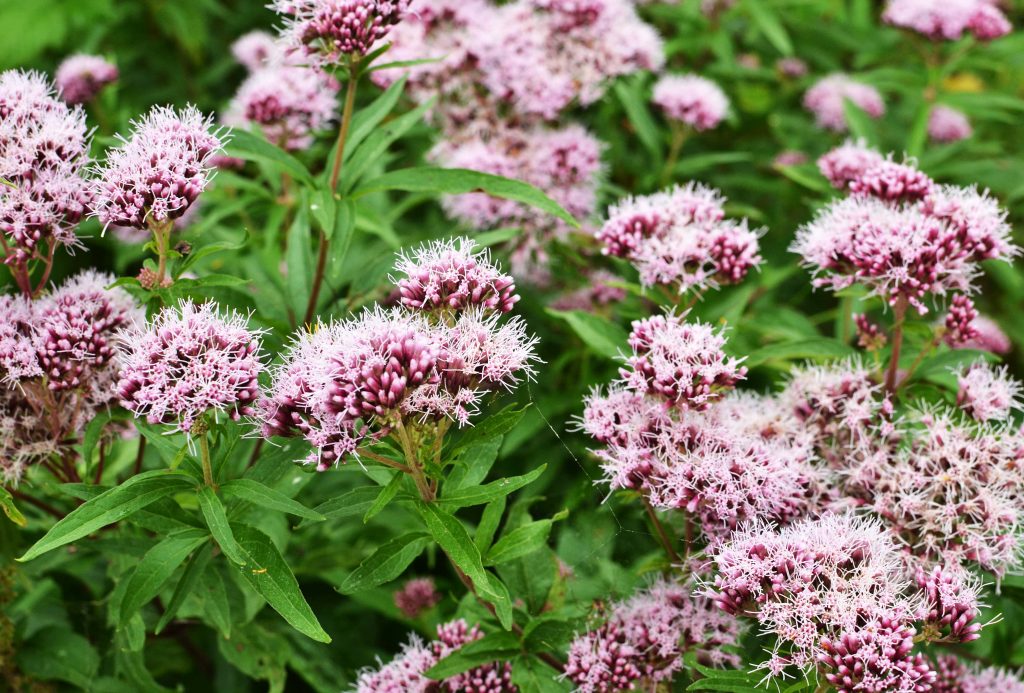It goes without saying that 2020 and so far, 2021 has been exceedingly difficult and challenging to say the least, for many people. Statistics show an increase in anxiety and depression in adults and children, suicides, drug, and alcohol abuse, as well as domestic abuse. As we move through this unique time in our lives our goal should be to find ways to thrive, to be the best we can be both physically and mentally. I want to explore the amazing health benefits of having a pet . Moreover, people are exploring and utilizing the extraordinary healing powers that pets possess through therapy programs. You see them in senior’s homes, hospitals, and schools. Not to mention their invaluable help as assistants for those with health challenges.
Health Benefits
According to PIHHEALTH.ORG pets not only offer unconditional love and companionship but they also suggest:
Decrease stress – A study from the State University of New York noted that people experienced less stress when performing a task in the company of their pet than when a spouse, family or friend was close by.
Lower blood pressure – Owning a pet has the potential to lower blood pressure. This finding is associated with the decreased level of stress people experience while being around their pet.
Ease Pain – According to Mayo Clinic, pets have the power to help heal patients experiencing emotional or physical pain. Pet therapy or animal-assisted therapy is a growing field that uses dogs or other animals to help people recover and better cope with health problems.
Improve mood – People who own a pet tend to be happier, more trusting and less lonely than those who do not. Pet owners are also less likely to visit the doctor for minor issues.

Social magnets – Pets attract people which can help you make connections more easily. If you are not the best at socializing, take your pet such as a dog to a nearby park and see how others naturally become drawn to your furry friend.
Prevent allergies and improve immunity – Pets spend much of their time outside and bring in all sorts of germs into the home, but this isn’t necessarily a bad thing. The outside germs can help boost your immunity which will help prevent colds and other mild illnesses.
Improve fitness – All dogs need regular exercise to stay happy and healthy and coincidentally, we need exercise too! Dogs can give you that extra motivation to take a walk around your neighborhood or play Frisbee at a nearby park.
Long Term Health Benefits
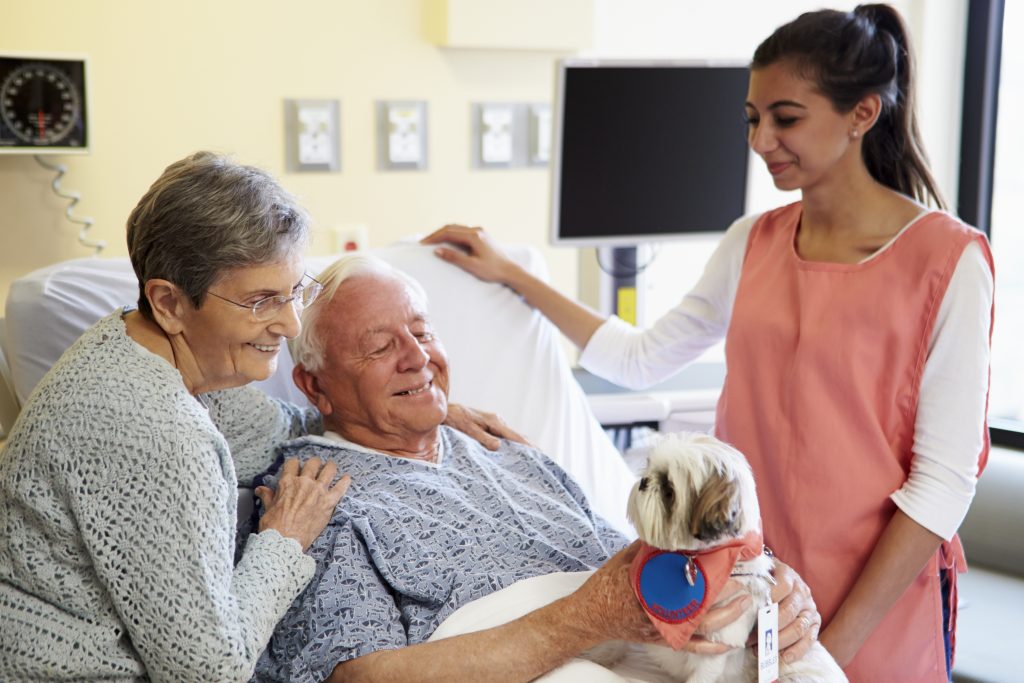
More recently, says Rebecca Johnson, a nurse who heads the Research Center for Human/Animal Interaction at the University of Missouri College of Veterinary Medicine, studies have been focusing on the fact that interacting with animals can increase people’s level of the hormone oxytocin.
“That is very beneficial for us,” says Johnson. “Oxytocin helps us feel happy and trusting.” Which, Johnson says, may be one of the ways that humans bond with their animals over time.
But Johnson says it may also have longer-term human health benefits. “Oxytocin has some powerful effects for us in the body’s ability to be in a state of readiness to heal, and also to grow new cells, so it predisposes us to an environment in our own bodies where we can be healthier.”
Alternatives
If you already have a pet give them an extra hug or treat in gratitude for how they’ve added to your life. If you don’t have a pet but are considering it, keep in mind it is a big responsibility that must not be taken lightly because they need a lot of love and care and they need to thrive just as much as humans do. But once you take that leap it is well worth it. If you can’t have a pet, you can also explore some volunteer work. Volunteers are always needed and much appreciated in any capacity when it comes to animals. You will not only be helping people and animals, but you will gain all the benefits of being around animals too.
As a retired registered massage therapist, I’ve always been interested in health. I grew up loving sports so that carried into my adult life in my chosen career paths and in my personal life. I now stay active with weight training, hiking and biking. My professional life has always been in health care. This has inspired me to seek out and adopt a life of natural health and wellness.

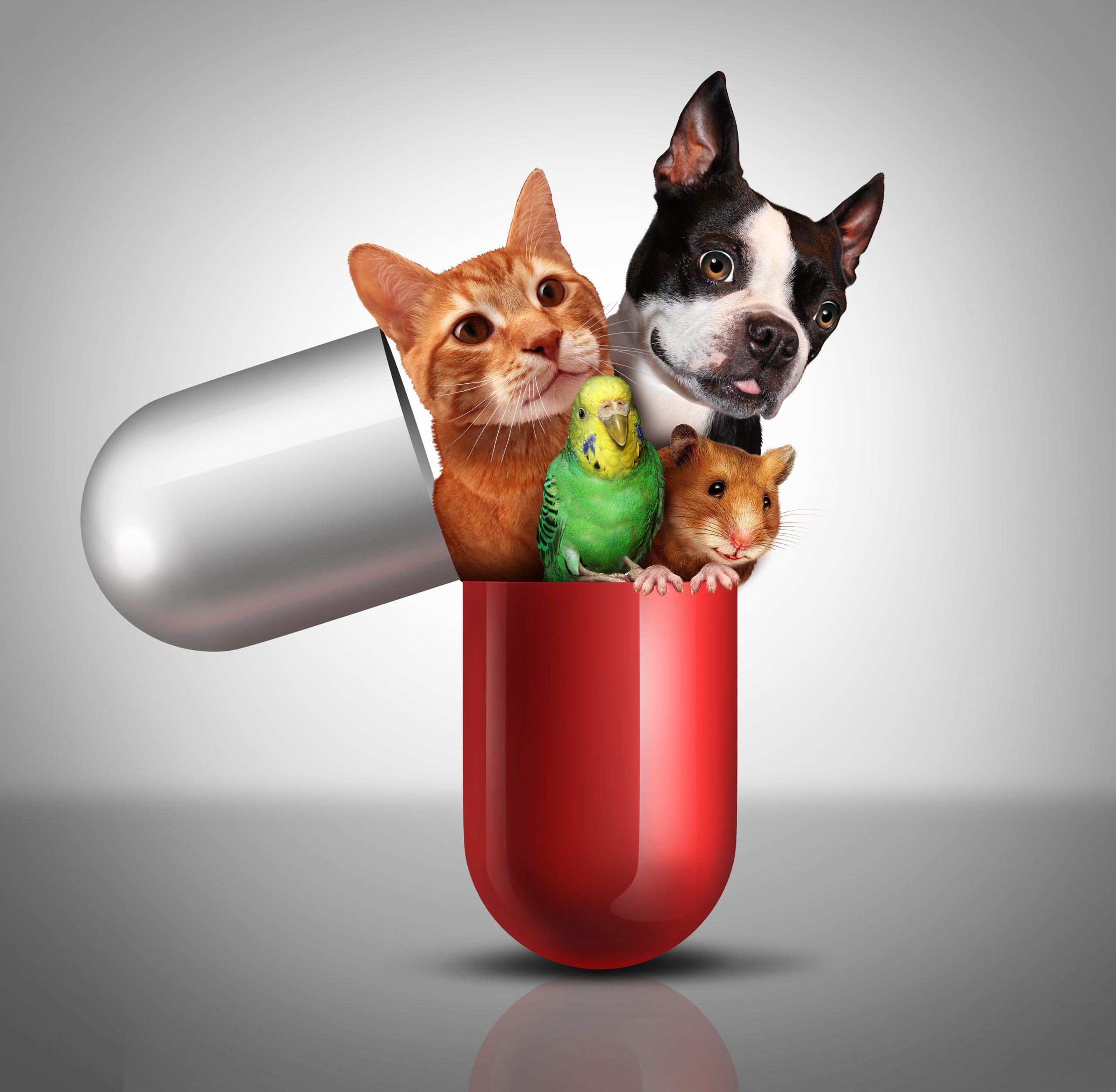




 Vitamin D supplements: You can purchase Vitamin D supplements at your local grocery store or pharmacy. They come in a pill form that you can take every morning to help increase and regulate mood. Ideally your levels should be at 40-60 mg/ml year round.
Vitamin D supplements: You can purchase Vitamin D supplements at your local grocery store or pharmacy. They come in a pill form that you can take every morning to help increase and regulate mood. Ideally your levels should be at 40-60 mg/ml year round. Increase Vitamin D in your diet: Try to incorporate more vitamin D-rich foods into your everyday meals, such as fish oil, milk, egg yolks, mushrooms and vitamin-d fortified foods.
Increase Vitamin D in your diet: Try to incorporate more vitamin D-rich foods into your everyday meals, such as fish oil, milk, egg yolks, mushrooms and vitamin-d fortified foods.
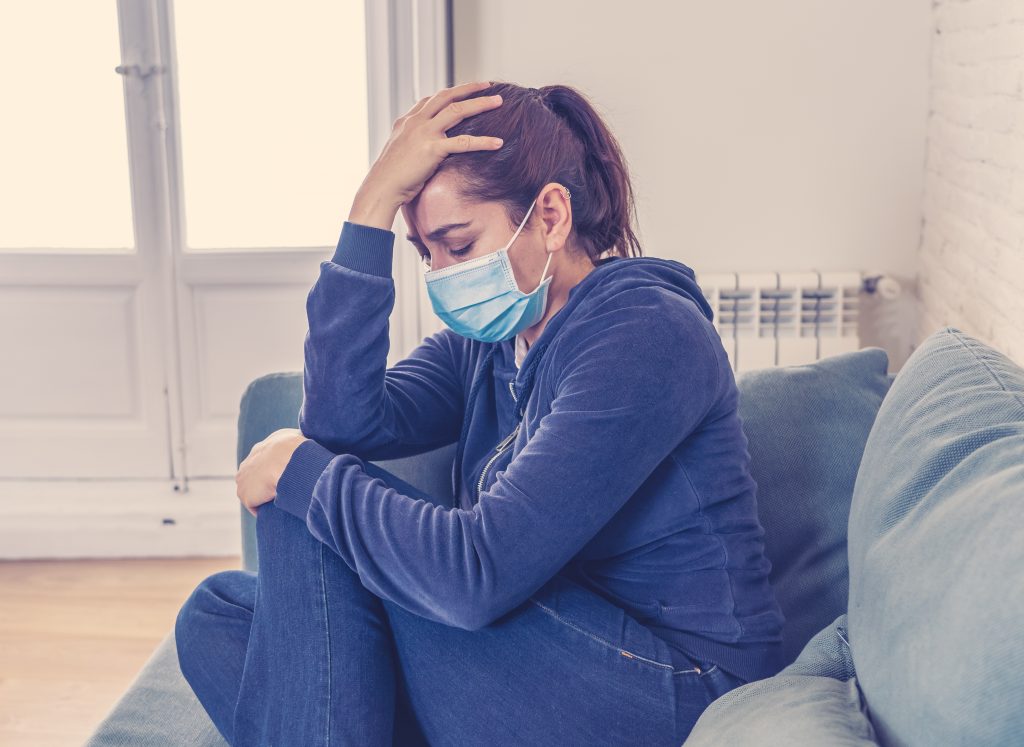
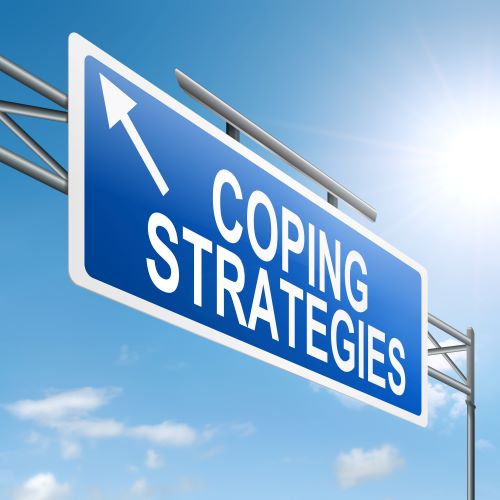 never underestimate the power of physical activity on our
never underestimate the power of physical activity on our 